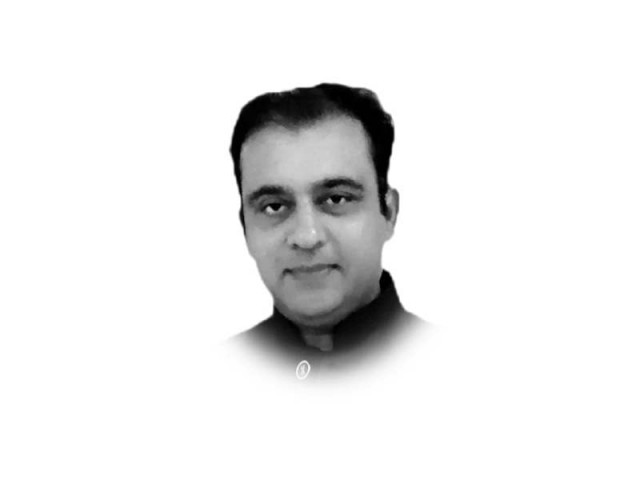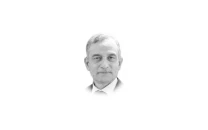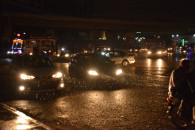Watershed moment for Gulf region
Israel's blatant disregard for international law and the sovereignty of other states was not surprising

When Israel carried out unprecedented airstrikes on September 9 targeting what it claimed were Hamas leaders in Doha, the shockwaves rattled not just Israel's adversaries but also its closest allies. Qatar, long seen as the Switzerland of the Middle East, built its reputation as a neutral broker and peacemaker. The tiny but wealthy Gulf state hosted the largest US military base in the region while simultaneously maintaining ties with Washington's rival, Iran.
Doha even allowed the Afghan Taliban to establish a political office, which eventually hosted the US-Taliban deal that paved the way for America's withdrawal from Afghanistan in 2021. More recently, Qatar was leading efforts for a ceasefire in Gaza. Ironically, the Israeli strikes hit Hamas officials who were in Doha discussing a truce proposal backed by the US President.
Israel's blatant disregard for international law and the sovereignty of other states was not surprising, but few expected Prime Minister Benjamin Netanyahu to authorise an attack on Doha. That is why the reaction was extraordinary. Israel's allies, including the US, issued rare condemnations. For the first time in decades, Washington did not shield Israel at the UN Security Council. Officially, the US insisted it had not been informed of the strikes, a claim few observers found credible given its vast military presence in Qatar.
Within days, Qatar's Prime Minister flew to Washington for urgent talks with President Donald Trump, Vice President JD Vance and Secretary of State Marco Rubio. Qatar sought answers on how Israel managed such an attack despite America's longstanding pledge to defend Qatar and other Gulf states from external aggression. For decades, the understanding between Gulf countries and Washington was straightforward: the Arabs guaranteed uninterrupted oil and gas supplies to the West, while the US guaranteed their security against external threats.
That arrangement dated back to the Cold War, when Gulf rulers were primarily worried about revolutionary Iran spreading its influence after 1979. The presence of US troops in Qatar, Bahrain, Kuwait and Saudi Arabia reassured them that any Iranian adventurism would be met with American force. But in recent years, the threat perception has shifted. With Israel's regional footprint expanding, and talk in Tel Aviv of a "Greater Israel" project, Arab rulers increasingly see Israel, not Iran, as the most immediate danger. The Doha strikes dramatically reinforced those fears.
The implications are potentially far-reaching. Qatar, consistently ranked among the safest countries in the world, has marketed its stability to attract global investment. That reputation took a major hit when explosions tore through Doha, sending thick plumes of smoke over the capital.
"Though the nature of the incident was quickly apparent, Doha's reputation for safety cast a shadow of doubt over whether it really could have been attacked," observed Qatar's state-run Al Jazeera English.
Since gaining independence in 1971, Qatar has never faced direct military action on its soil. Even when Iran carried out missile strikes earlier this year, Qatar's involvement was incidental, shaped mainly by its role as host to a large US base. But Israel's assault was different. It deliberately targeted Qatari territory. With Netanyahu's government threatening further strikes, the decades-old Gulf security architecture looks more fragile than ever.
For Washington, the attack also poses uncomfortable questions. Can the US still be counted on as the ultimate guarantor of Gulf security? If not, Arab states may increasingly look elsewhere to China, Russia, or even regional realignments to hedge their bets. For Qatar, the attack was not just a military strike but a political earthquake, shaking the very foundations of its foreign policy strategy and exposing the limits of American protection.
The era when Gulf monarchies felt secure under an American shield may be drawing to a close. And Israel, not Iran, is now at the centre of their anxieties.















COMMENTS
Comments are moderated and generally will be posted if they are on-topic and not abusive.
For more information, please see our Comments FAQ